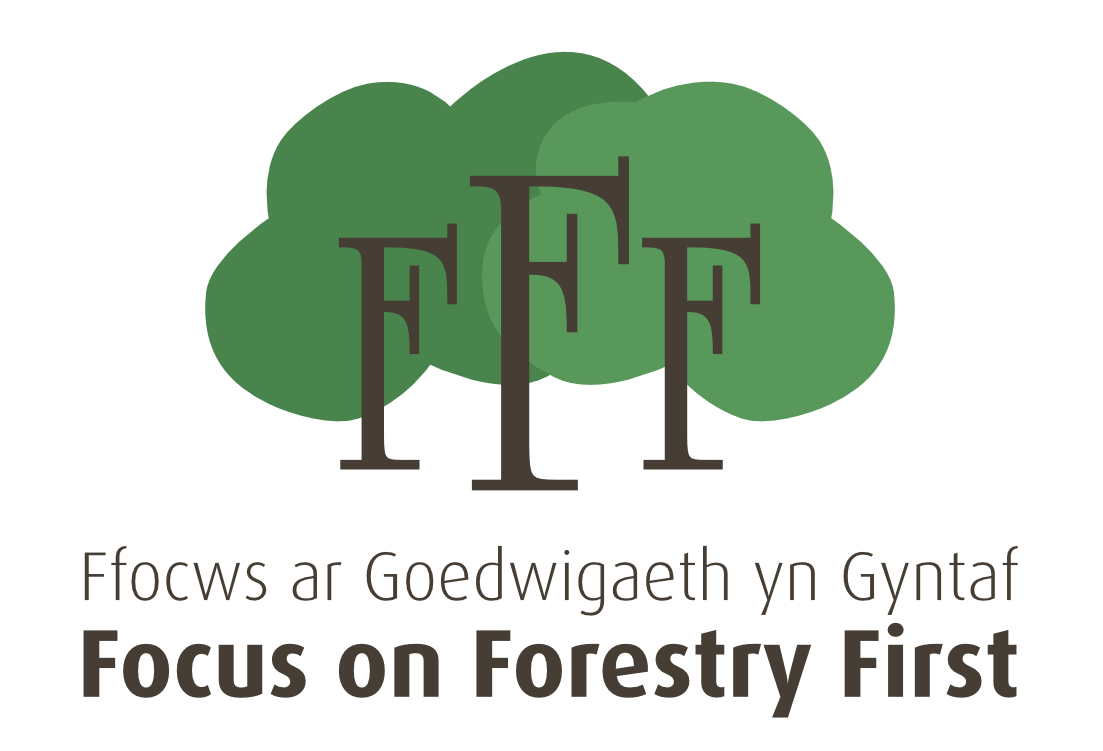Amphibians and Woodlands (with special reference to Great Crested Newts)
This course is designed to raise awareness of amphibians in woodland ponds, with special reference to Great Crested Newts.
Delegates should come away with a better understanding of species ecology; understand how they may potentially be using woodland and be able to identify basic field signs and habitats that indicate their doing so.
Location: UK
Study mode: Classroom & Fieldwalk
Duration: 1 day
Cost: From £50.00+VAT per person*
Objectives
To raise awareness of amphibians in woodland ponds with special reference to Great Crested Newts.
To be able to identify all 3 native newt species at all stages of their life cycle.
Characteristics of ponds which suit Great Crested Newts (Habitat Suitability Index) and how woodland can be important to GCNs.
Understanding the ecology, life cycles and legislation relating to amphibians.
Walk several ponds containing GCN and learn how to determine their presence.
Who should attend?
Open to all working in the Forestry and Woodland and Conservation Management sector.
Lead Instructor
Dr Fred Slater
Dr Slater is highly accomplished with extensive experience in the field of biosciences and environmental consultancy. As an Honorary Senior Research Fellow in the School of Biosciences at Cardiff University, Dr. Slater has a wealth of knowledge and expertise to offer.
His career started at the Llysdinam Field Centre, where he served as the Director for over three decades. In this role, he was responsible for managing the center, teaching students, and conducting research.
Dr Slater is currently an Honorary Senior Research Fellow in the School of Biosciences, Cardiff University. He also teaches courses for Aberystwyth University's School of Lifelong Learning.
Dr. Slater's notable achievements include his collaboration with organisations such as RSPB, Welsh Water, and NCC. Together with his students, he developed innovative ways to grade rivers using biological criteria. The classification systems that emerged from this work, including River Habitat Surveys, HABSCORE, and SERCON, have been widely adopted both nationally and internationally.
Dr. Slater has an impressive track record in working on various ecological and environmental projects. From woodland creation and developments in the New Forest to water abstraction from the Hampshire Avon. Participants can expect to benefit from his wealth of knowledge, practical insights, and collaborative approach.
Other Information
Please wear clothing and footwear suitable for the weather and terrain.

